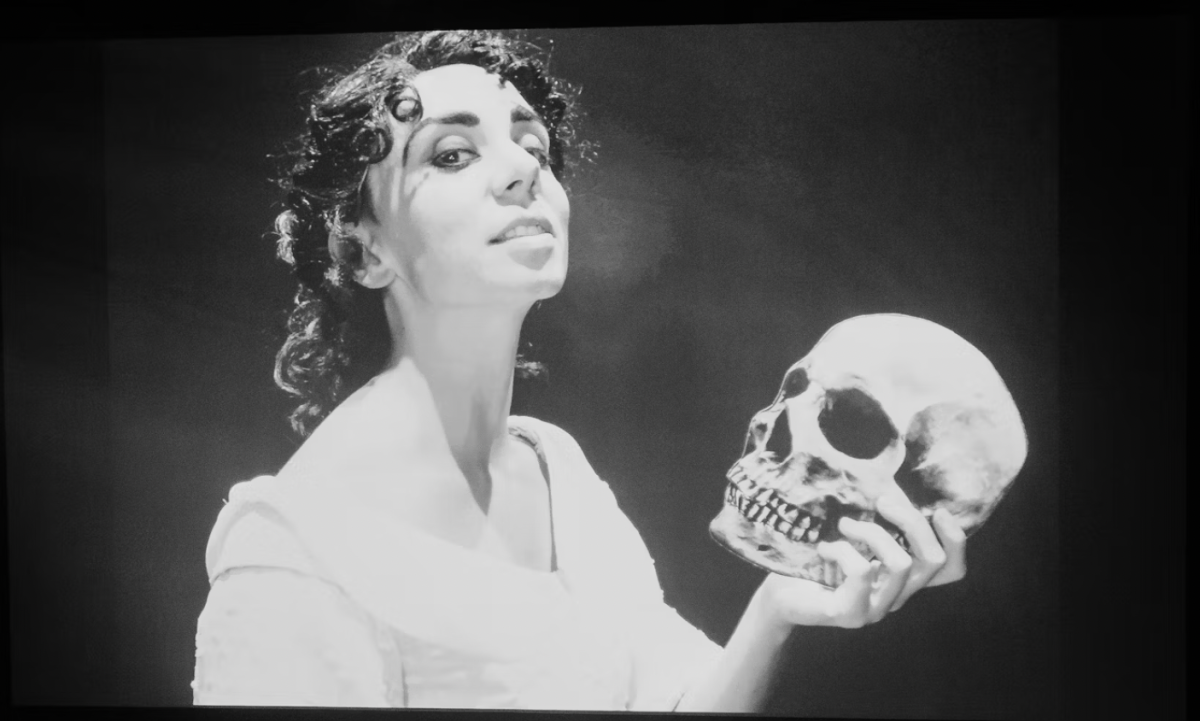The History Channel earned good ratings not long back for offering its list of the most important figures of the recently concluded Millennium. Finishing third on the list was Martin Luther — he of the 95 Theses, the first Protestant. Such a pivotal figure has long been ripe for an epic film biography.
“Luther” sets out with such aspirations, but struggles with the impersonal nature of epic filmmaking. Director Eric Till (“The Girl Next Door”) tries to bring an honest, human element to God, Luther and the Epic Film. He succeeds with the first two, but cannot pull off the third.
We meet a young-ish Martin Luther (Joseph Fiennes, “Shakespeare in Love”) alone in a cataclysmic thunderstorm, sprawled in the mud, begging God for survival as lightning strikes all around. Images proceed forth with little or no subtlety. Luther gives his first Mass, facing up the tall stained-glass window of a church in 1507 Erfurt, the eyes of God apparently peering down upon him.
Without a broader context — without the sweeping, sprawling, cast-of-thousands look of a true Epic — these efforts come across like a TV miniseries, or at best a well-funded BBC series. The film begins with a broad, Catholic view. When it narrows, as it must, to focus on the individual, it becomes less visually satisfying.
Obvious devices detract from the scope of the film, such as the use of a poor woman and her crippled child as stand-ins for the whole of the peasant population. Without belittling the real significance of Martin Luther’s goals and accomplishments, his importance is better portrayed on the big screen in the vast, political side-effects he unintentionally set in motion than by sore-thumb metaphors for humanity and spirituality.
Like a BBC series, the film is enjoyable thanks to its cast and script. Though the principle characters all seem to tread a thin balance between piety and insanity, the cast brings thoughtful subtext to each. The only drawback is the failure of characters to age very much over the film’s 23-year span.
Fiennes gives an impression of Luther as a brilliant academic wrestling with the inherent conflict between reason and faith, accentuated by the corruption within the political and religious hierarchy. The film is at its weakest when he is out of sight for more than a few seconds, though the context established in his absence brings the film nearest to its unrealized epic ideal.
Others in the cast pull their weight, mostly unobtrusively. Sir Peter Ustinov (“Spartacus”) is a particular highlight as the film’s one genuine archetype. He begins as a relic-hoarding Saxon prince, but grows to demonstrate the power of Luther’s thoughts and actions on a sincere and educated member of the upper crust.
A reasonable picture is constructed of the ugliness of life in the early 16th century. The rustic rural mud of Saxony and the proto-urban-blight of Rome contrast with the comfort enjoyed by the clergy and ruling class. This may be the way in which the attempted personalization of the epic is most disappointing, in that we rarely see the landscape in all its grandeur.
Luther’s arrival at Rome early in the film shows the magnificent sprawl of that city, which is seen to be harsh and brutal when viewed from within. The rest of the film hardly shifts from this close view and the feeling of massive scope is not allowed to fully flourish. This is intentional and does in part help to communicate the film’s message. But Martin Luther’s importance as a spiritual leader who brought the notion of salvation to the masses is subject matter for a small-screen documentary.
The massive, immediate impact of his life and work could have been shown with “Gone With The Wind”-style horror and splendor. Instead, “Luther” is a good movie that fails to make its leap to greatness.
Grade: B







